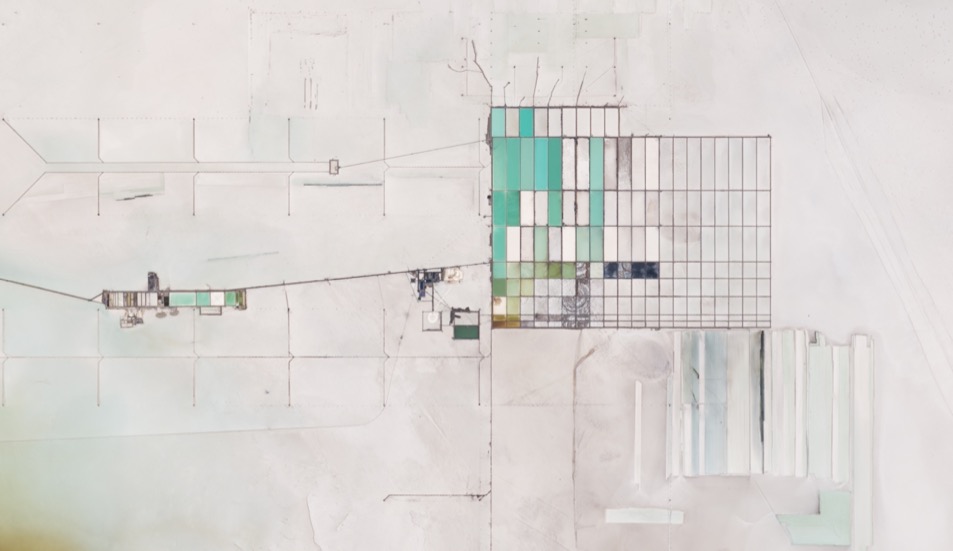Energy
Thursday, August 4th, 2022 1:50 pm EDT

As part of the effort to integrate clean unmanned electric aviation into US skies, the FAA created a Remote ID rule for small drones. This rule, which was first proposed in 2019, would require all drones to broadcast their location and identification information while in flight. This information would be available to anyone within range of the drone, including law enforcement and other government agencies.
The rule was challenged in court by a drone pilot and his company, who argued that it violated drone pilots’ privacy rights. But, a federal appeals court ruled that the FAA’s rule is constitutional and upheld it.
The ruling is a victory for the FAA and for those who have been pushing for stricter regulation of drones. It’s also a setback for privacy advocates, who had hoped that the courts would strike down the rule on Fourth Amendment grounds.
The Lawsuit
Drone pilot Tyler Brennan, along with his company RaceDayQuads, sued the FAA alleging that the Remote ID rule went beyond being just a “digital license plate” for drones. Brennan claimed that law enforcement could use the Remote ID Rule to conduct continuous government monitoring without a warrant under a different provision of the Patriot Act. In addition, Brennan brought other APA-style regulatory procedure challenges to the FAA’s rulemaking on this topic. The Administrative Procedure Act (APA) generally prohibits agencies from engaging in actions that substantially alter the status quo or significantly depart from past practices.
Brennan claimed that the Rule violated his reasonable expectation of privacy, which is an unlawful search under the Fourth Amendment. Because Brennan was pursuing legal action against the Rule before it went into effect, the court considered his claim as a facial challenge. Brennan needed to show that the Rule would be unjust in every instance in order to prevail. He also made several procedural arguments. He claimed that (1) ex parte discussions improperly influenced the Rule, (2) that the Final Rule was not a natural progression from the Proposed Rule, (3) that the FAA did not adequately consult other organizations, and (4) that the FAA failed to properly respond to public comments.
The Court’s Ruling
When it comes to the Fourth Amendment, the court held that drone pilots generally do not have a reasonable expectation of privacy in the location of their drones while flying.
“It is hard to see what could be private about flying a drone in the open air,” the court said.
The court ruled that drones flying over established property are like automobiles on public roads. The activity is public, and it will become increasingly so as the number of drone flights rises by the day, according to the court. Nobody expects privacy for their car on the road, so the court says drone pilots shouldn’t expect privacy in drone flights.
As for the procedural challenges, the court rejected them all, and for reasons too long and complex to list in this article. For those curious and familiar with law, you can find the whole story at Wiley.
For people hoping to challenge the rule in the future, there is still some hope. Only Brennan’s facial challenge (that the regulation is unconstitutional under all circumstances) failed in court, and future challenges based on how the regulation gets applied are still a possibility.
Featured image by DJI (press photo).
Appreciate CleanTechnica’s originality and cleantech news coverage? Consider becoming a CleanTechnica Member, Supporter, Technician, or Ambassador — or a patron on Patreon.
Don’t want to miss a cleantech story? Sign up for daily news updates from CleanTechnica on email. Or follow us on Google News!
Have a tip for CleanTechnica, want to advertise, or want to suggest a guest for our CleanTech Talk podcast? Contact us here.
Advertisement
This post has been syndicated from a third-party source. View the original article here.




